They say you can have almost anything you want; you just can’t afford everything you want.
That is why many people go into debt. It’s not all bad, though. Debt allows us to buy homes and cars, send our kids to college, and have things in the present that we can pay for in the future. Thus, it provides greater buying power for consumers.
Indeed, capitalism essentially was built on the extension of credit and the ensuing debt it creates. However, if debts are not properly managed, it can be a financial disaster waiting to happen.
According to Experian’s 2019 Consumer Debt Study, total consumer debt in the U.S. is at $14.1 trillion, with Americans carrying an average personal debt of $90,460.
Debt may be in the form of credit card debts, student loans, personal loan, mortgage, or auto loan. With mortgage loans at an all-time high, followed by auto and student loans; credit card debt has been a prevailing revolving debt for most Americans because they don’t pay it off each month.
Also, more than 189 million Americans have credit cards, and on average, each household with a credit card carries $8,398 in credit card debt.
Therefore, it is crucial that before seeking help to get rid of debt, you understand how it works and us the knowledge to your advantage.
So, if you’re someone ready to pay off debt, you need a debt payoff plan first. Read on for the fastest and most effective ways to get out of debt.
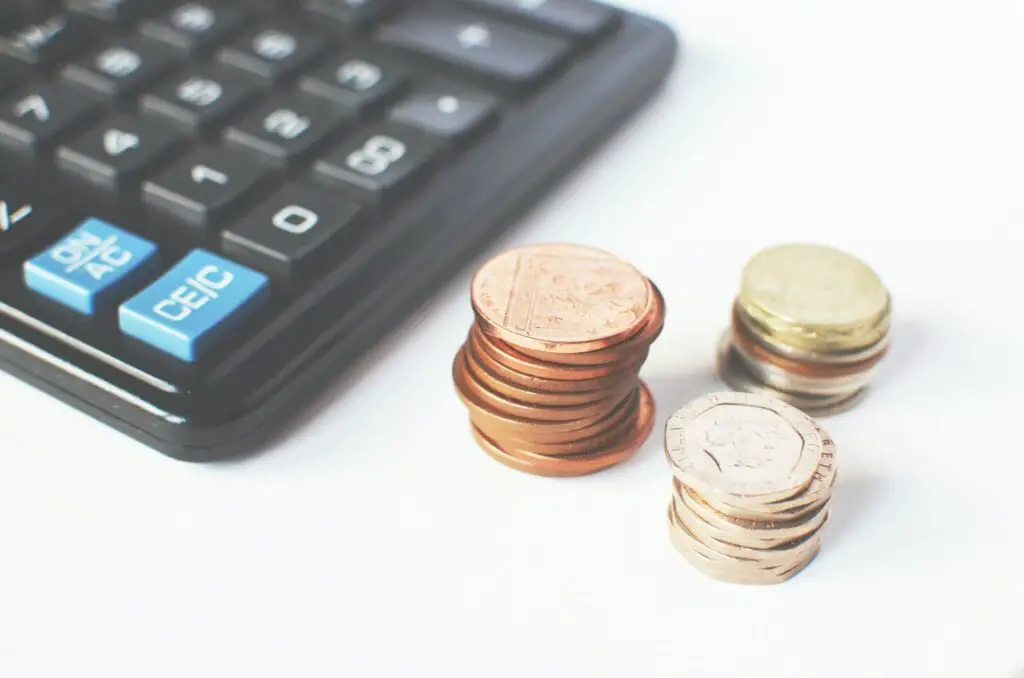
How debt affects your credit scores
For starters, you should understand that debt has a domino-effect across your entire financial life, including your credit scores.
In general, there are two types of debt: Revolving debt and Installment debt.
Revolving debt comes from credit cards, where you carry a balance from month to month. You can borrow as much money as you’d like within your credit limit and interest rates vary. Hence, your monthly payments may vary in this type of debt, depending upon how much you currently owe.
On the other hand, Installment debt comes from mortgages, cars, student, or personal loans. The amount of money you borrow, interest rates, and the size of monthly payments are typically fixed.
With both types of debt, keep in mind to make payments on time. If you miss a payment, your lender could report it to credit bureaus, which may hurt your credit. and derogatory marks can stay on your credit report for up to seven long years!
You may also get into trouble paying for late and get charged with fees too, which can be cumbersome in most cases.
If you carry high balances relative to your credit limits on your credit cards from month to month, it will most likely leave a negative effect on your credit scores, especially if you’re doing it with multiple cards.
The reason is that the percentage of available credit you’re using, also known as your credit utilization, carries significant weight in calculating your credit scores.
To maintain good credit, you must keep your balances as low as possible on your credit cards. If you can, you should pay off the full payment balances each month, not just the minimum balances.
If you want to build excellent credit and maintain it, read more on it here: How to Build Excellent Credit Score – 9 Proven Ways
12 Smart Ways to Pay off Debt Fast
1. Face off and admit that you are in debt.
First of all, a debt payoff plan begins with you admitting and facing your debts. You cannot run away and just leave it like that. List all debts you know and how much you owe. Also, look back at records and see if you’re the one who made the purchases showing up on your records or not to make sure you don’t have a case of identity theft
It has to begin from within you. Accept that you are in debt and make peace with it.
2. Pay more than the minimum.
In terms of credit card debt or overdraft, even line of credit, you should always pay more than the monthly minimum amount required. Doing so will help you pay less on interest in the long-run and will reduce your credit utilization ratio. Otherwise, it would take you forever to pay off your balance. Paying more than the minimum is one quick way to get your debt down. Always pay as much extra as you can afford.
3. BUDGET.
It may sound like a cliche for you but having a budget or spending plan (if you like to call it like that) will come a long way. It would be best if you spent less than you plan to spend. Consider what you are willing to give up to be debt-free.
For instance, is it necessary for you to drink that $5 Starbucks coffee? Or why not bring your lunch to work and prepare your meals at home? Over time, you’ll see tremendous improvement in how you spend your money and can keep track of where every cent comes in and goes out.
There is only one rule I follow throughout my life. If you want something, don’t buy it unless you have the money to pay for it. It’s that simple.
Learn more:
Budgeting Tips for Young Adults: How to be the Master of your Finances
7 Realistic, Simple, Easy Ways To Budget– Household Budget Worksheet
4. Pay off your most important and expensive debts first.
Now for this, I know a lot will argue that it would be better to pay the lowest balance instead. Hear me out first. There are essentially two methods that you might consider, and both are smart strategies to start.
a. Avalanche Method
This way of debt elimination is also known as “debt stacking.” Essentially, you’ll pay off your accounts in order of the highest interest rates to the lowest.
How does it work?
First, you make the minimum payments on all of your accounts. Second, you put as much extra money as possible toward the account with the highest interest rate. Then, once the debt with the highest interest is paid off, start paying as much as you can on the account with the next highest interest rate, and so forth.
See this example below.
| Type of Debt | Balance | Interest Rate (APR) |
|---|---|---|
| Auto Loan | $20,000 | 4.5% |
| Credit Card | $8,000 | 22.0% |
| Student Loan | $27,000 | 6.0% |
| Personal Loan | $3,000 | 15.0% |
In this scenario, firstly, always pay the monthly minimum required payment for each account. Secondly, put any extra money toward the account with the highest interest rate – in this case, the Credit Card debt.
After the credit card is paid off, use the money you were putting towards it to focus on the next highest interest rate: the Personal Loan.
Once the personal loan is paid off, take what you’ve been paying and add that amount to your payments for the student loan. Once that’s done, add payments towards the auto loan.
Do you see how it works? You first pay off the account with the highest interest rates and move forward to the next highest, and so forth.
So, you’ll end up paying off your accounts in this order.
- Credit Card ($8,000)
- Personal Loan ($3,000)
- Student Loan ($27,000)
- Auto Loan ($20,000)
Pros and Cons of the Debt Avalanche
| Pros | Cons |
|---|---|
| This method will get you out of debt faster. | It may take longer to see progress. |
| The highest interest rate will be of a lesser burden to you now as you pay less overall in the long run. | You may feel discouraged about losing a big chunk of money by paying big lump sums, so make sure this will work for you and you have the money to pay for it. |
b. Snowball Method
In the snowball method, you do the opposite. So, you’ll pay off your debts in order from the smallest balance to the largest.
How does the snowball method works?
The steps are the same with the avalanche method: You pay the minimum amount and put as much extra money as possible on the account with the smallest balance. Then, once paid, funnel your money towards the next smallest debt and continue to do so.
Using the example above, in the snowball method, you’ll pay your account in this order.
- Personal Loan ($3,000)
- Credit Card ($8,000)
- Auto Loan ($20,000)
- Student Loan ($27,000)
Pros and Cons of the Debt Snowball
| Pros | Cons |
|---|---|
| The Snowball method will let you see progress as quickly as possible. | It may cost you to pay for a long time. |
| It works for you if you’re someone motivated on small wins one at a time. | You don’t take interest rates into account, and you could end up paying for higher interest rates later. |
Take note that both of these two methods work fine depending on credit types and what suits you. Thus, it will be a personal decision. But the most important thing here is that you are starting to realize your debts immediately and, slowly but surely, making progress for it, whether it may be the avalanche method or snowball one.
5. Negotiate bills and ask for lower interest rates
It may be tiresome to do this at first, but you can make it possible. Besides, lots of free apps will help you negotiate or lower your bills and cancel unnecessary subscriptions that are busting your budget. Billshark can help negotiate your bills easily, and you only pay 40% of the savings you get through it.
Related: Trim Review: How To Save Money and Lower Your Monthly Bills?
6. Get a Consolidation Loan
A consolidation loan is a loan that combines all debts into one single payment. By maximizing this, it can be a helpful first step in paying off your debt. Ensure that you can get the loan at a lower interest rate than your current rates.
It is a loan that allows you to save a bit of money every month and helps to keep you from building up new debt while you’re paying off the consolidation loan.
For instance, if you have an account with a high-interest rate, you can transfer its balance to a card with a lower interest rate; therefore, it’s like paying off one credit card using another card.
One good example of this is transferring your credit card balance to a 0% interest credit card.
It can fit well in the avalanche method as you’re dealing with high-interest rates, and it can help you reduce the total interest you pay and buys you time.
Be mindful of some balance transfer fees as some banks have a policy for it. Others offer 0% APR for a specified period, usually (6-18 months). A 0% APR offer gives you a chance to pay off your credit card balance without incurring extra interest charges.
The key to getting a consolidation loan to work for you is to always check your budget and keep your spending under control.
7. Stop using credit cards.
It’s so easy to swipe and forget about your purchases because of the plastic card’s worth of x amount of money in your hands.
You don’t feel the cash slipping away right from your hands, and that’s why it’s easy to spend. So, halt in using that credit card now!
If you’re someone who tends to swipe and forget, leave your credit card at home and use cash instead. That way, you won’t get tempted and drown in a pool of debt once more.
It takes discipline and self-control to get started in your debt-free life.
8. Save on groceries
Concerning budgeting, you can cut back on your spending and free up your wallet to start paying off your debt by saving money on groceries.
You can start shopping when there’s a sale or promo period in your local grocery store. If you’re a couponer, use it! Further, some free mobile apps and sites will help you save money on your daily purchases, including groceries that will help you find good deals.
Read more: Ibotta Review: How to Get Cashback on Groceries and Save Money
One helpful tip as well is to do your shopping weekly and start stocking up goods. It can save you more than doing groceries monthly.
9. Hustle Hard
Well, if you’re serious about getting your life together and pay off your dues, getting a second job is one great option and a smart way to pay your debt faster.
With numerous freelance sites and economy gig jobs available out there, you can check and focus on which niche your skill can do well, and you can start working. Start hustling!
There are also a variety of ways to make extra money to supplement your income.
10. Sell your stuff
Another smart and effective way to pay your debt is to sell your unwanted stuff. You can start listing on free mobile apps or go to a good old fashion garage or yard sale.
Save up the money from the sale of your stuff and use it to your debts. With this, you benefit from de-cluttering plus earning cash!
Related: How does Mercari work? The Beginner’s Guide to the Mercari Selling App
List of Best Selling Apps to Declutter Your Stuff.
11. Use windfall money to pay down balances.
Windfall money is money that comes to you, such as salary bonuses or property sales, etc, that is usually unexpected. It can be in any amount and is a financial gain.
You can allocate this money to pay for your debts instead of going out and splurging it on bad purchases and money-wasting items. Again, be smart!
12. Talk to experts
Furthermore, if you’re in severe debt and have done everything you can do but still nowhere close to getting out of the debt trap life throws at you, consider getting help from credit counselors or financial advisors.
But do your research first. See if you can talk to experts and afford to pay a small consultation fee.
Debt.com is a good one. You can check out their website for more details. It may feel intimidating to open up to someone about your money problems, but hey, fixing your credit should be at the top of your list alongside living debt-free!
Besides, credit experts will make the discussion confidential, non-biased, and without judgments, so you can put your trust in them.
Think about your life and your future and care less about what anybody’s going to say.
Final thoughts
Above all, there is no one-size-fits-all in terms of paying down your debt. However, there are smart strategies on how to get ahead of managing your finances.
No matter where you are in life now, remember that life isn’t static and you can always make a change. Moreover, a debt-free life is within reach, and there is always a way out.
Most importantly, there’s nothing set in stone so I know that you can eventually live your life financially-free.
It’s always necessary to remember that credit cards are not free money. They can be good when used right but can also lead to your highest debt accounts.
These are just a few from hundreds, if not thousands, of the best ways to pay off debt fast. It all boils down to your habits and lifestyle and the sooner you start dealing with your debt, the sooner you’ll be able to pay it off.
Remember, it all starts from within. Whether it’s for fixing your credit or a desire to live a life free from distinctions, you can and should start now.
Finally, make a conscious effort and decision to get better at your finances. Besides, living each day knowing you don’t owe anything to anyone can give you a sense of peace and less anxiety. Because you know you’re using maximizing your hard-earned money, and you’re not paying for something you bought in the past
Have you found these tips insightful? Please leave your comment below and share your thoughts. We loved to hear from you.
And if you have any insights as to how to pay your debt faster and be one step ahead of your financial goals, let us know in the comment section below.
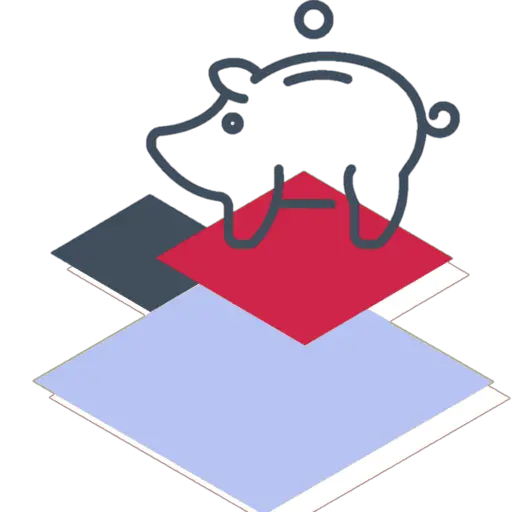
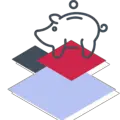
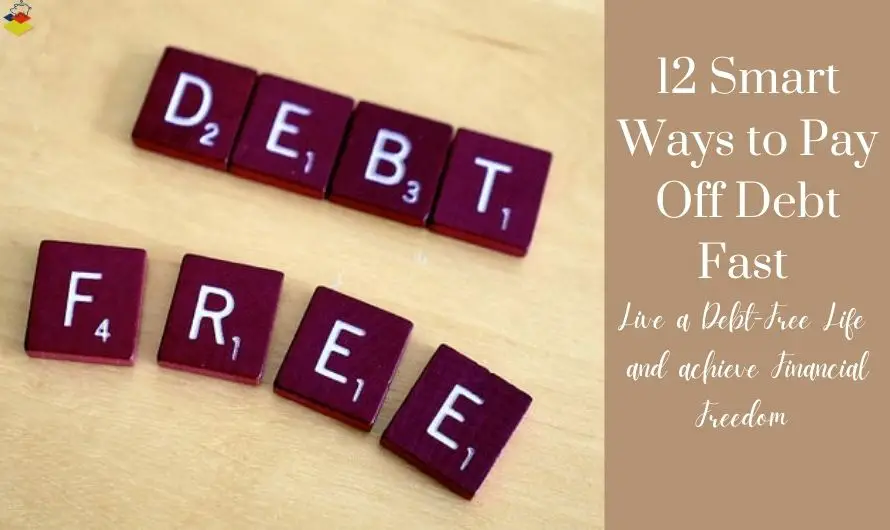
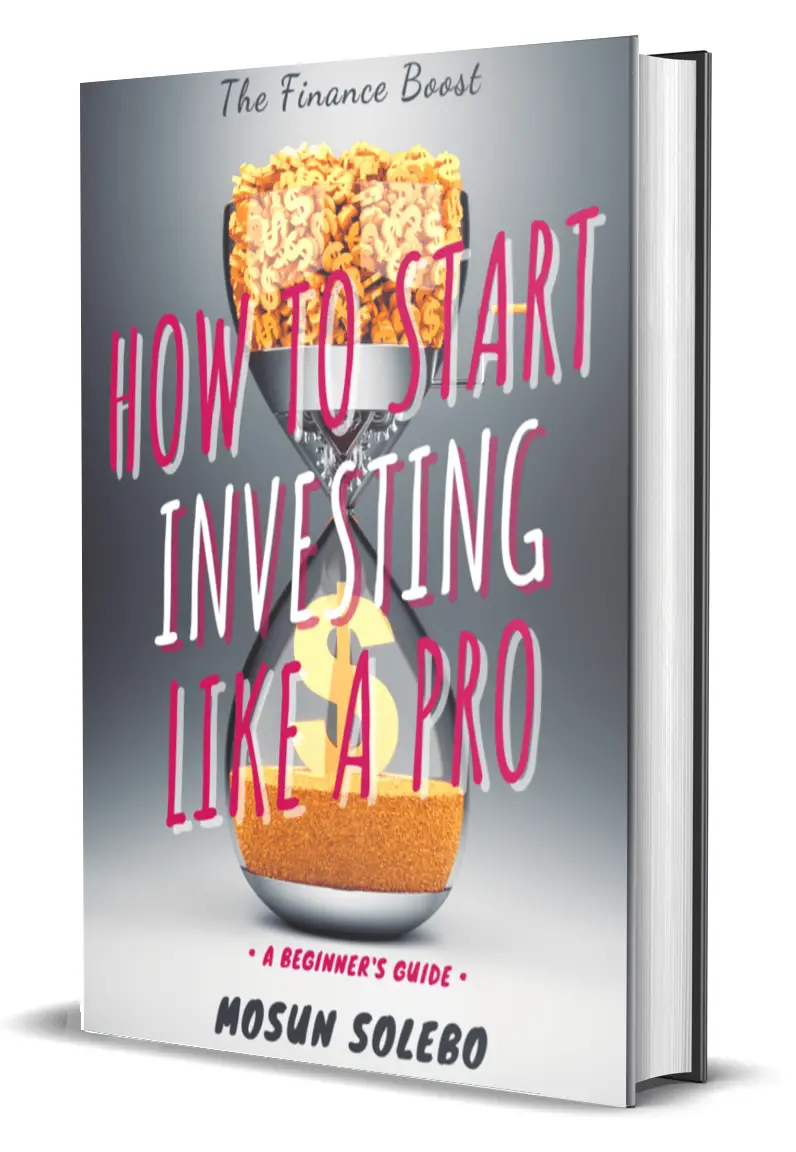
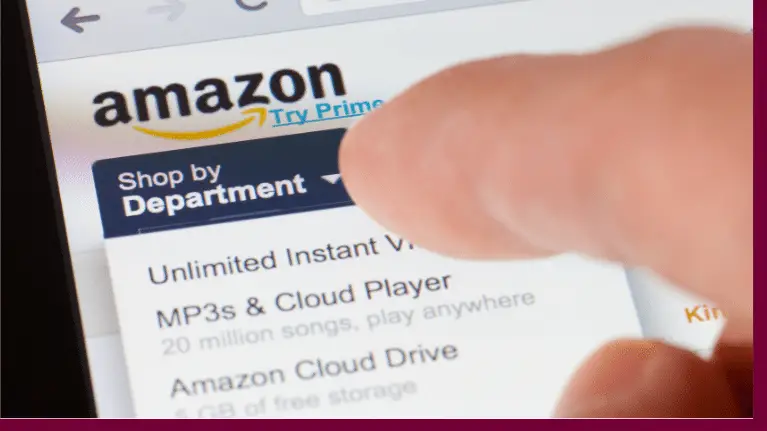


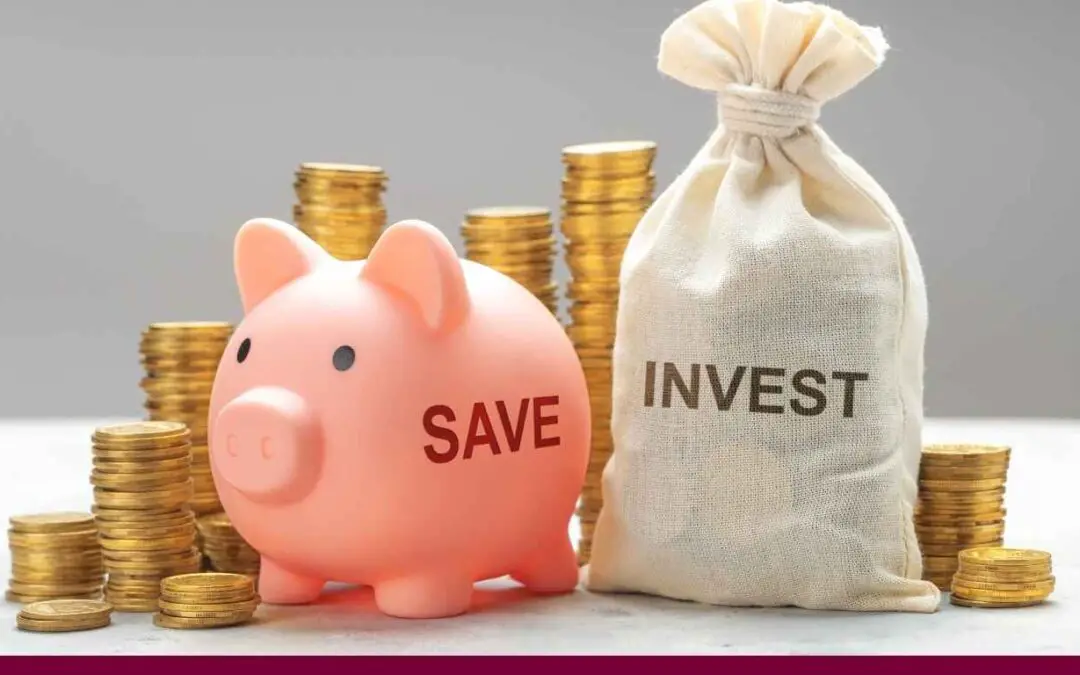
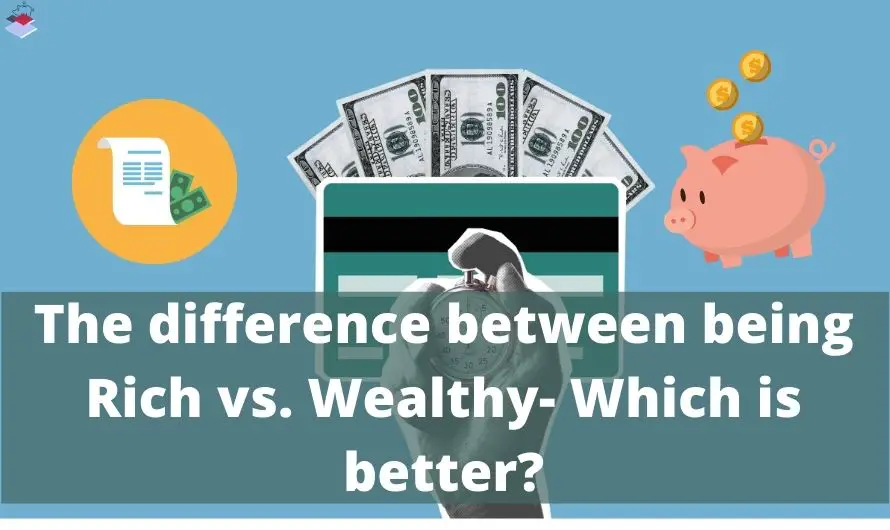
0 Comments
Trackbacks/Pingbacks